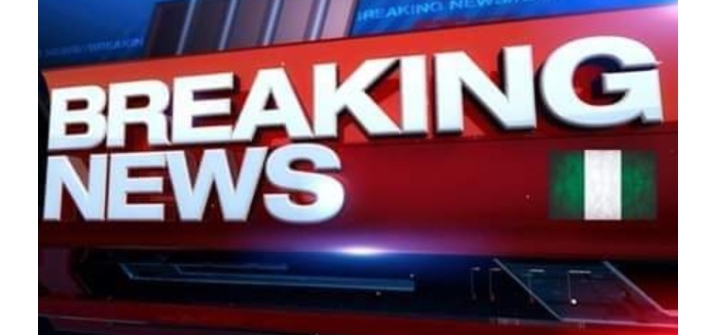Petrol Prices to reduce as Landing Cost Drops by N140 Per Litre
Nigeria’s petrol landing cost has seen a significant drop of N140 per litre, prompting discussions on future fuel pricing and market stability.
The Major Energies Marketers Association of Nigeria recently revealed data showing that the landing cost of Premium Motor Spirit (PMS), or gasoline, has decreased to N981 per litre.
As of September 25, 2024, this represents a decrease from roughly N1,130 in prior weeks, a decrease of more than N140, which is linked to a drop in the price of crude oil globally.
Crude oil prices and foreign exchange rates have a major impact on the price of refined petroleum products, such as gasoline, diesel, and aviation fuel.
The worldwide benchmark, Brent crude, traded at an average price per barrel of over $80 in August 2024, but this month it has varied between $70 and $75. According to industry data from the petroleum ministry, Brent was trading at $71.41 per barrel on Thursday, down from $73.46 the day before.
The average price of a barrel of Brent was $80.36 in August 2024, according to Statistica, a global statistical agency. This represents a decline from the previous month due to reduced oil consumption in China and announcements regarding increasing supply from the Organization of Petroleum Exporting Countries.
Due to the lower landing cost for gasoline, big oil marketers have begun importing the product. The only importer until recently was the Nigerian National Petroleum Company Limited (NNPC), but the Dangote Petroleum Refinery has started producing and releasing gasoline as a result of an increase in pump pricing.
Three significant oil marketers predicted the arrival of vessels bringing imported gasoline, which they confirmed had started to arrive, as reported by OBASANJONEWS on September 18, 2024. About 141 million liters of PMS were scheduled to be delivered by the vessels to Nigeria after the Federal Government completely deregulated the downstream oil industry.
The average ex-depot price of gasoline fluctuated greatly as of Wednesday, ranging from N865 to N1,200 in Lagos, N980 to N1,400 in Calabar, and N1,200 to N1,400 in Port Harcourt, despite the decrease in petrol landing costs. The Major Energies Marketers Association of Nigeria further disclosed that aviation fuel is currently priced at N1,117.34 and diesel is currently priced at N1,089 per liter. In Lagos, the average ex-depot price of diesel was almost N1,165, while in Calabar and Port Harcourt, it was roughly N1,200.
Calculating using the N898 amount stated by the NNPC for the purchase of Dangote fuel, there is a noticeable discrepancy of approximately N83 between the price of imported gasoline and that from Dangote. However, representatives of the $20 billion refinery have denied selling the NNPC fuel for N898, but they haven’t offered a substitute amount in more than a week.
It’s crucial to remember that the NNPC raised the price of gasoline from about N600 to between N855 and N900 per litre on the same day that the Dangote refinery began producing fuel locally. Subsequently, the NNPC declared that fuel obtained from the Dangote refinery will cost more than N1,000 per liter in the northern areas.
Prices might go as high as N1,019 per liter in places like Borno State and as high as N999.22 in Abuja, Sokoto, and Kano, according to NNPC spokesperson Olufemi Soneye. In contrast, prices in southern regions like Oyo and Rivers would be roughly N960 per litre. An NNPC infographic states that N950 was the lowest price ever recorded in Lagos and the surrounding areas.
various large marketers are still selling gasoline in Lagos for N910 per litre, even though prices have skyrocketed to N1,200 or higher in various parts of Nigeria. Executive Vice President, Downstream at the NNPC, Dapo Segun, recently told the media that although they have an arrangement with the Dangote refinery management, price is still set by the market.
“This is how much I want for it (PMS),” Dangote told us. And we say, “Hey, Dangote, we won’t pay you this much for it because if we go out there, we can get it for this much.” We began negotiating, and it took more than a week to get to an agreement. “They (Dangote officials) will present their case, we’ll present a counter; they’ll adjust, and we’ll present a counter once more,” Segun stated, highlighting Soneye’s assertion that the NNPC would only raise the Dangote PMS in the event that it was less expensive than imports.
Nigerians hope that when the naira crude sale starts on October 1, 2024, prices would drop even more as long as PMS supplies to the NNPC continue at the Dangote refinery.



























